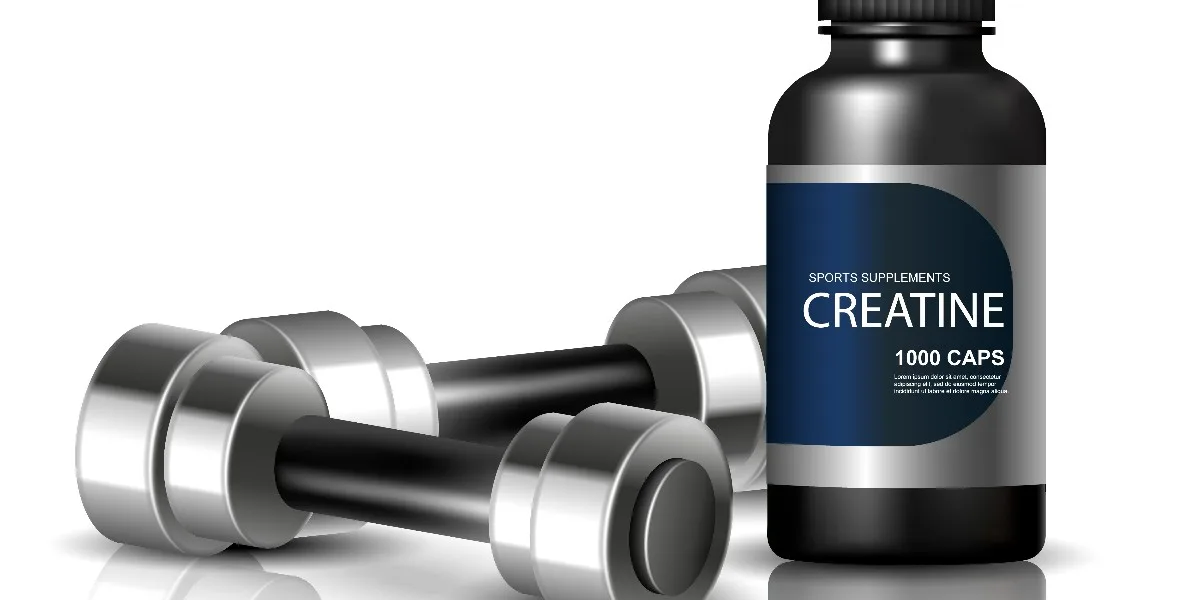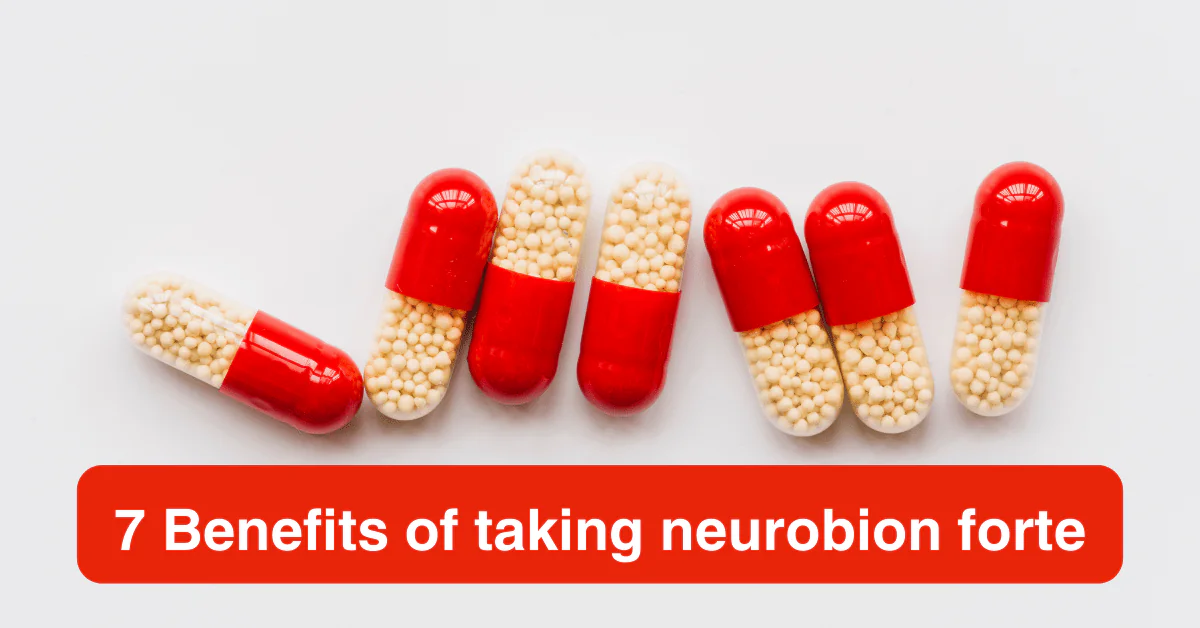Introduction
Creatine Monohydrate stands as a titan in the supplement industry, celebrated for its remarkable ability to enhance athletic performance and muscle growth. But amidst its acclaim, questions linger: Is Creatine Monohydrate truly essential for everyone? This article dives into the heart of Creatine Monohydrate, exploring its benefits, potential drawbacks, and ultimately, whether it deserves a place in your fitness regimen. Whether you’re a seasoned athlete, a fitness novice, or somewhere in between, understanding the role of this popular supplement can empower you to make informed decisions about your health and fitness journey.
What is Creatine Monohydrate?
Creatine Monohydrate is a naturally occurring compound found in small amounts in certain foods and synthesized in the human body from amino acids. Primarily stored in skeletal muscle, it plays a crucial role in the production of adenosine triphosphate (ATP), the body’s primary energy currency. During high-intensity, short-duration exercises like sprinting or heavy lifting, ATP is consumed rapidly. Creatine Monohydrate supplementation increases the phosphocreatine stores in your muscles, allowing for the rapid regeneration of ATP, and thereby, enhancing athletic performance, strength, and recovery.
As a supplement, Creatine Monohydrate is renowned for its purity and effectiveness. It’s one of the most researched forms of creatine, with studies consistently affirming its safety and efficacy for a wide range of users. Unlike other supplements that may come and go with trends, Creatine Monohydrate has stood the test of time, offering a simple yet powerful means to potentially boost physical and cognitive performance.
Benefits of Creatine Monohydrate
Creatine Monohydrate’s popularity isn’t unfounded; its benefits are backed by extensive research, making it a staple for those looking to enhance their physical and mental performance. Here’s how it stands out:
Enhanced Athletic Performance
Creatine’s most notable impact is on athletic performance. It increases power output, muscle endurance, and overall performance in high-intensity activities. This effect is particularly beneficial in sports that require bursts of speed or strength, such as sprinting, weightlifting, and football. By replenishing ATP stores more efficiently, athletes can perform at higher intensities for longer durations.
Muscle Growth and Recovery
Supplementing with Creatine Monohydrate can also accelerate muscle growth. It aids in the increase of water content in muscle cells, leading to a rapid increase in muscle size known as cell volumization. Additionally, creatine has been shown to enhance muscle repair and recovery by reducing muscle damage and inflammation following intense exercise, facilitating more efficient training cycles.
Cognitive Enhancements
Beyond physical benefits, Creatine Monohydrate has cognitive advantages. Studies suggest that it can improve memory and attention, particularly in situations of sleep deprivation or high-stress. This is attributed to creatine’s role in energy production, supporting brain function when energy demands are high.
Health Benefits
Emerging research indicates potential health benefits beyond muscle and brain performance. These include aiding in the management of diseases like diabetes, by improving glucose metabolism, and neurodegenerative diseases, through its neuroprotective properties. However, these areas require more research for definitive conclusions.
Potential Drawbacks
While Creatine Monohydrate is generally safe for most people, it’s not without its potential drawbacks. Understanding these can help you make an informed decision about supplementation.
Water Retention
The most common side effect is increased water retention in the muscles, which can lead to weight gain and a bloated feeling. While this is typically not harmful, it may be undesirable for athletes in weight-class sports or those seeking a lean physique.
Digestive Issues
Some individuals report digestive issues, such as bloating, stomach discomfort, or diarrhea, especially when taken in large doses without sufficient water intake. These symptoms can often be mitigated by adjusting the dosage or taking the supplement with meals.
Kidney and Liver Health
Concerns about potential kidney or liver damage from long-term creatine use have been raised, though extensive research has found no significant evidence of harm in healthy individuals. However, those with pre-existing kidney or liver conditions should consult a healthcare provider before starting supplementation.
Non-Responders
A small percentage of people do not experience the benefits of creatine supplementation due to naturally high levels of creatine in their muscles. These “non-responders” may not see significant performance improvements or muscle growth from supplementation.
Who Can Benefit from Creatine Monohydrate?
Creatine Monohydrate’s broad range of benefits makes it appealing to various groups:
Athletes and Bodybuilders
The primary beneficiaries are athletes and bodybuilders looking for enhanced performance, increased strength, and accelerated muscle growth. Creatine’s ability to improve high-intensity exercise performance makes it valuable across many sports disciplines.
Aging Populations
Emerging research suggests that creatine can help counteract age-related loss of muscle mass and strength, making it beneficial for older adults aiming to maintain physical function and improve quality of life.
Individuals Seeking Cognitive Boosts
Those facing mentally demanding tasks or wishing to enhance cognitive function might find creatine a useful supplement. Its potential to support brain energy metabolism can be advantageous for students, professionals, and anyone looking to improve mental performance.
Alternatives to Creatine Monohydrate
While Creatine Monohydrate is the most researched and widely used form of creatine, several alternatives exist for those seeking different options. Creatine ethyl ester, creatine hydrochloride (HCl), and buffered creatine are some variants designed to offer improved solubility or absorption. However, research consistently shows that these alternatives do not surpass the effectiveness of Creatine Monohydrate in terms of increasing muscle creatine levels and improving performance. Additionally, for individuals interested in natural ways to enhance performance without supplements, focusing on a nutrient-dense diet rich in proteins, and engaging in consistent strength and endurance training can also yield significant benefits.
Making the Decision
Deciding whether to incorporate Creatine Monohydrate into your regimen should be based on personal health goals, dietary needs, and any existing health conditions. Consulting with a healthcare professional can provide personalized advice, especially if you have underlying health concerns. Consider your fitness objectives, whether they align with the benefits Creatine Monohydrate offers, and if you’re comfortable with the potential side effects. It’s also worth considering trial periods of supplementation to observe personal tolerance and benefits, ensuring an informed and tailored approach to supplementation.
Conclusion
Creatine Monohydrate stands as a potent supplement with a well-established reputation for enhancing physical and cognitive performance. While it offers significant benefits for many, it’s not universally necessary. The decision to use Creatine Monohydrate should be informed by personal health goals, potential benefits versus drawbacks, and consultation with healthcare providers. Ultimately, whether you need Creatine Monohydrate hinges on your unique fitness journey and health objectives. With a balanced view of its advantages and limitations, you can make an empowered choice about incorporating this powerful supplement into your health and wellness routine.
Read more: The Surprising Truth About Whey Protein: Health Hero or Hidden Hazard?
Disclaimer : The information provided on myhealthpage.in is not a substitute for professional medical advice, diagnosis, or treatment. If you have any questions or concerns about your health, please consult with a licensed physician or other qualified healthcare provider.
Image by macrovector on Freepik








